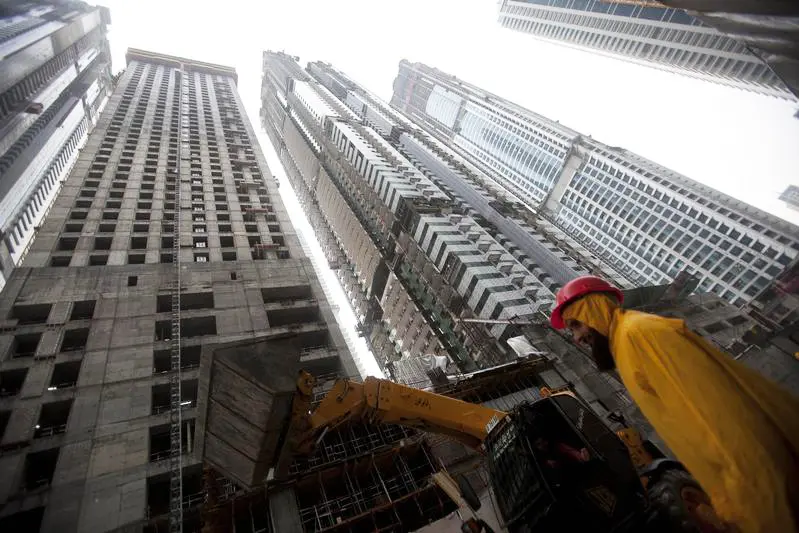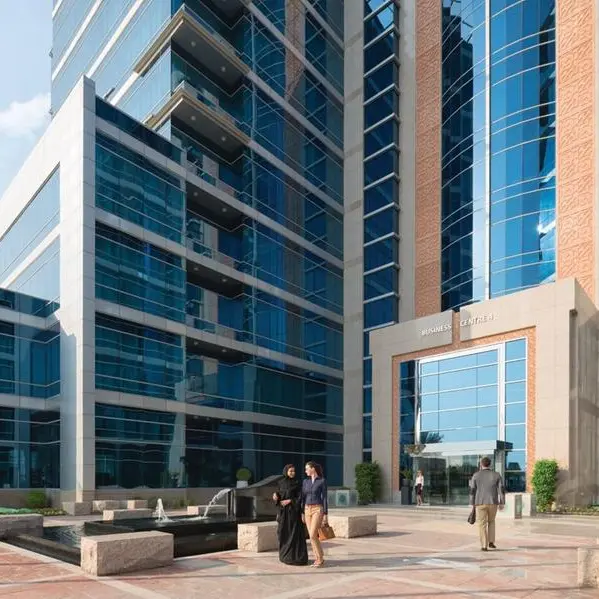PHOTO
By Santhosh V. Perumal
The Gulf Cooperation Council (GCC) insurers are coming under pressure to increase retention levels for high-rise buildings to ‘demonstrate their alignment of interests’ with those of reinsurers, which are now tightening terms and conditions in view of large number of fire incidents in skyscrapers, according to A M Best, a global insurance credit rating agency.
Property insurance is a key component of insurers and reinsurers’ market profiles in the GCC markets and has been a major issue given the frequency of losses experienced over the past decade, A M Best said in a report.
“The large number of fires in high-rise, skyscraper buildings in the Middle East is causing reinsurers operating in the region to further tighten terms and conditions and adjust commission rates for residential and commercial property risks. Regional insurers are also coming under pressure to increase retention levels for these buildings to demonstrate their alignment of interests with those of reinsurers,” it said.
In the past three years, there has been a spate of “significant” claims for property insurance covering high-rise and high value buildings. The most notable have been the fires in Dubai in 2015 at the Address Hotel on New Year’s Eve, and earlier that year at the Torch residential skyscraper.
“In 2016, there was further pressure on reinsurers’ technical performance for their GCC portfolios, as although fatalities have been few, subsequent fires have resulted in material property and business interruption claims,” it said.
These included fires at Dubai’s Sulafa Tower in July, and more recently at the Al Bandary Twin Towers in Sharjah, as well as the Adriatic building in Dubai’s Oceana complex on Palm Jumeirah.
The rating agency said during the renewal period leading up to January 1, 2017, reinsurance companies have responded to the recent fire losses by further tightening terms and conditions.
Global reinsurers have introduced stricter terms and conditions over the past five years, including event limits and tighter policy wordings following regional instability. However, premium rates for property risks in most of the GCC have continued their downward trend, mainly as a result of overcapacity, with more reinsurers and speciality insurers entering than leaving the GCC markets.
Typically, retained risks after quota share, surplus and facultative placements are reinsured on an excess of loss basis with high excess limits to protect the ceding companies’ net exposure, but most insurers have been under “pressure” to accept quota share treaties with higher retention mainly as a result of weak performance stemming from poor risk selection.
At the same time, for companies that have consistently delivered good results, A M Best notes that some are benefitting from improved inward commissions and terms from reinsurers.
During the recent renewal period, some of the major reinsurers have stipulated local insurers must retain a minimum of 30% of such risks, which according to A M Best is a “significant” development, given that commonly net retention levels were at 5% or lower on high value risks.
Furthermore, insurers have historically tended to rely heavily on reinsurance and have benefited from commission from profitable risks.
“While insurers are moving toward higher retention levels, in part to ensure a greater alignment of interests, A M Best believes that they will need to monitor whether this increased exposure will impact their balance sheets in the event of a major loss,” it said.
A significant rise in retention levels could require greater levels of capital and will increase volatility within underwriting performance, although the GCC companies rated by it tend to be well-capitalised.
© Gulf Times 2017





















